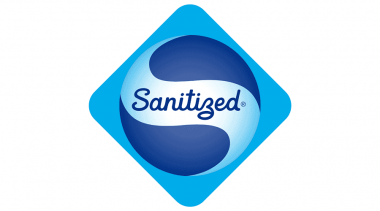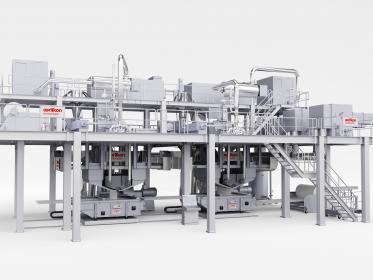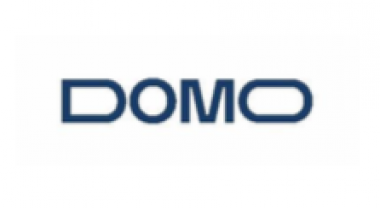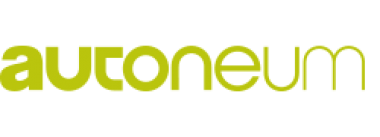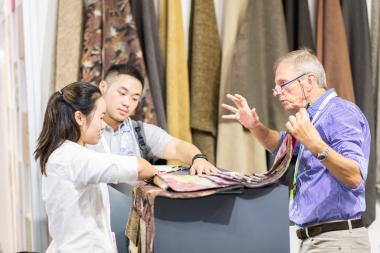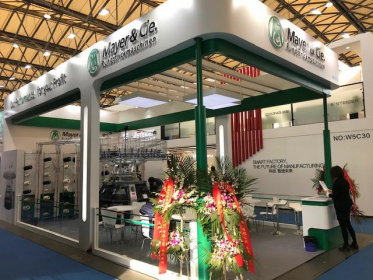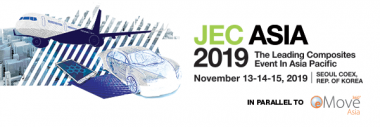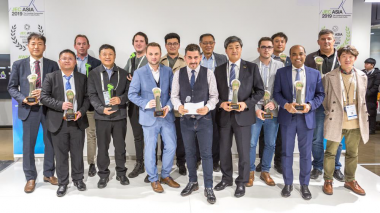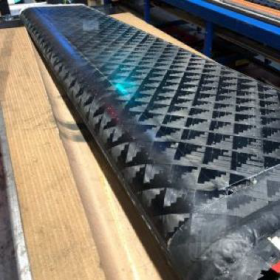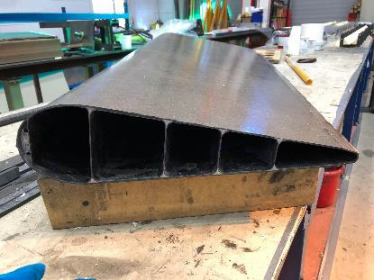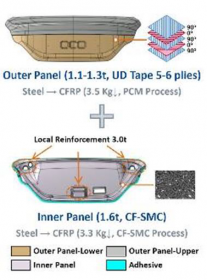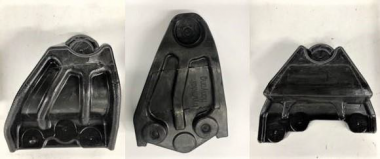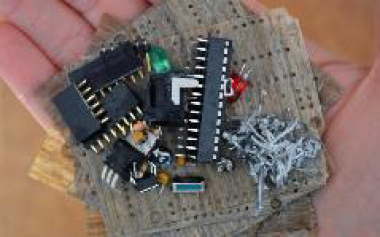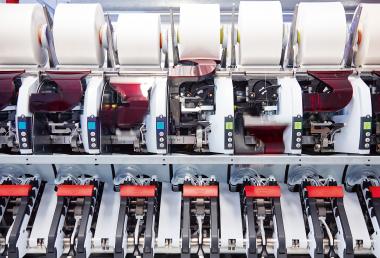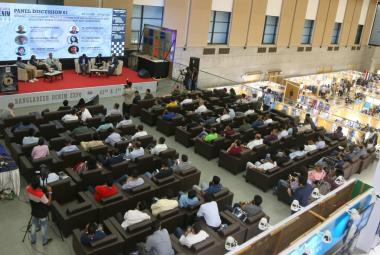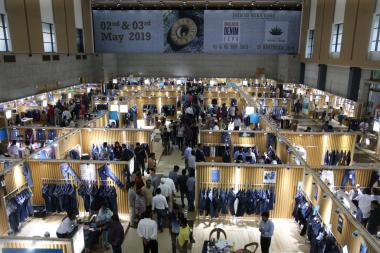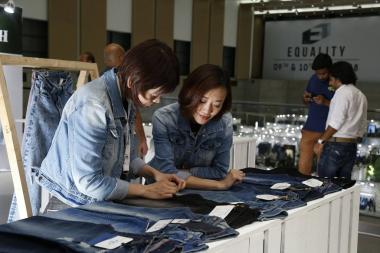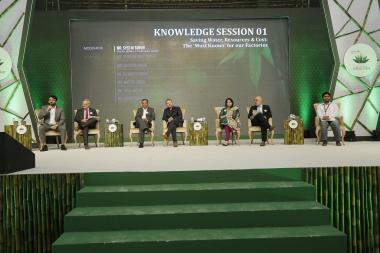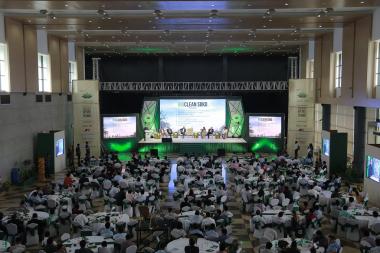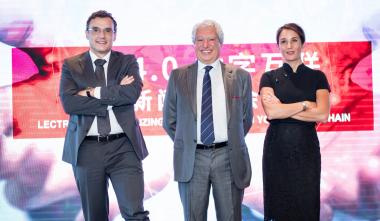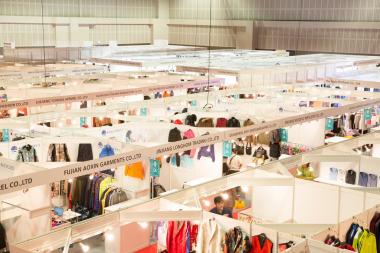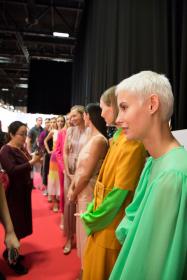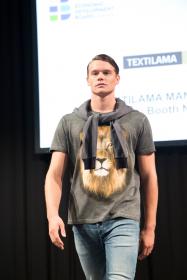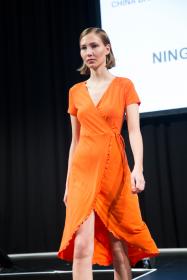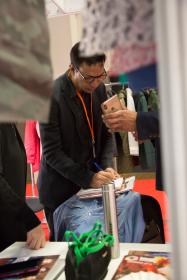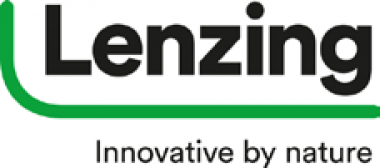SANITIZED TecCenter receives IAC certification
- R&D support for textile odor-management according to international testing standards
To ensure responsible use of biocides and international comparability, test methods and test results for antimicrobial treated products must be transparent, useful and comparable. This is precisely why SANITIZED AG, the specialist for antimicrobial material protection and hygiene function in textiles and polymers, had its in-house Microbiology Laboratory in the SANITIZED TecCenter certified by IAC, the International Antimicrobial Council. This non-profit, U.S.-based institute aims to increase safety for antimicrobial treated products and for consumers. Textile and polymer product manufacturers value the assistance that the in-house SANITIZED TecCenter provides them with developing and optimizing their products. It supervises technical application aspects, and conducts microbiological tests and analytics—all from a single source. SANITIZED provides specific assistance with the textile manufacturer's R&D work, particularly for the demanding challenge of developing the best possible odor-management for textiles. Now the TecCenter has been certified by the IAC and is a designated “International Antimicrobial Council Certified Laboratory.”
Thanks to the IAC Certification, SANITIZED AG now offers innovation expertise according to international standards that are also recognized and valued in the U.S. and Asia.
“In addition to assistance with product development and product optimization from our TecCenter, SANITIZED customers receive certification of the antimicrobial treatment of their products from an independent organization, the IAC,” explains Erich Rohrbach, Head of Microbiology at SANITIZED AG. “This is an important building block for production chain transparency in the textile industry, which is demanded by a growing number of manufacturers and brands that are driven by end customer requirements,” adds Erich Rohrbach. Many SANITIZED customers particularly value the TecCenter for their development work in odor-management for textiles. SANITIZED offers an innovative product portfolio to meet this demand also including non-biocide additives.
PR-Büro Heinhöfer


